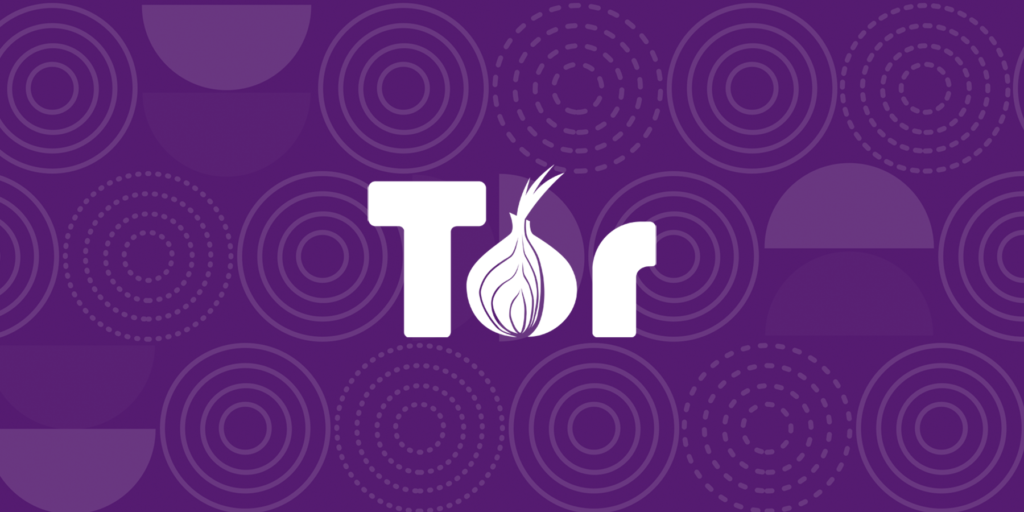The Tor Project team has announced the release of Tor Browser 12.0, a major version release introducing support for Apple Silicon chips and several enhancements for the Android version.
Tor is a Firefox-based browser created for accessing special .onion domains only accessible on the Onion network and browsing the web with more anonymity and privacy.
The browser achieves this by routing traffic through network nodes while encrypting network data. The connection requests reach the destination through an exit node that is used to relay the information back to the user.
New in Tor 12.0
Tor browser version 12.0 is based on Firefox 102, an upgrade from Firefox version 91, which was used as the base for the previous Tor release, v11.5.
This means that all security fixes, performance enhancements, and code improvements Firefox implemented in the new ESR (Extended Support Release) have now landed on Tor.
One notable new feature on Tor 12.0 is the introduction of native support for Apple Silicon chips, i.e., M1 and M2 devices.
Tor now uses a universal binary that bundles x86-64 and ARM64 builds and automatically picks the correct version for the platform it runs on.
The main benefit of native support for Apple’s new architecture is better performance of the Tor browser on macOS systems.
Android, which has been previously neglected by the Tor Project team, receiving infrequent updates and delays in getting new features, is now catching up to the desktop version.
“Since the beginning of the year, our developers have been working hard to recommence regular updates for Android, improve the app’s stability, and catch up to Fenix’s (Firefox for Android’s) release cycle,” reads Tor’s release announcement.
“The next phase in our plan for Android is to begin porting selected, high-priority features that have recently been launched for desktop over to Android.”
Tor version 12.0 introduces the HTTPs-only mode that first landed on version 11.5 for desktops, which enables the browser to automatically switch to the HTTPS version of visited sites when available.
HTTPS is preferable to HTTP connections because the information exchange between the site visitor and the server hosting the site is encrypted, preventing man-in-the-middle attacks and sensitive data exposure.
Another new feature added in the Android version of the Tor browser is “prioritize .onion sites,” which redirects to the ‘.onion’ version of the visited site if available. The new option was added in the ‘Privacy and security’ settings menu.
(Tor Project)
Finally, Tor browser 12.0 adds support for multiple languages beyond English via a language pack downloading system that replaces previously dedicated installers used for different languages.
This also makes it possible to change to different languages anytime after installation or install multiple language packs and switch between them at will.
You should download the latest version of Tor only from the official site to avoid backdoored versions that can snoop into your browsing data.







